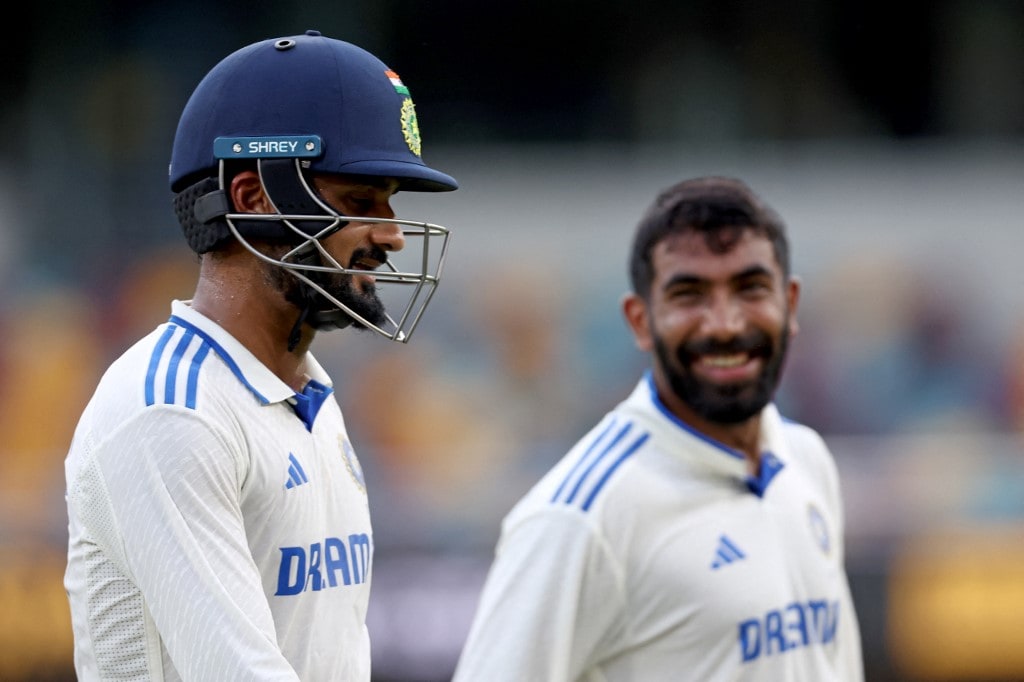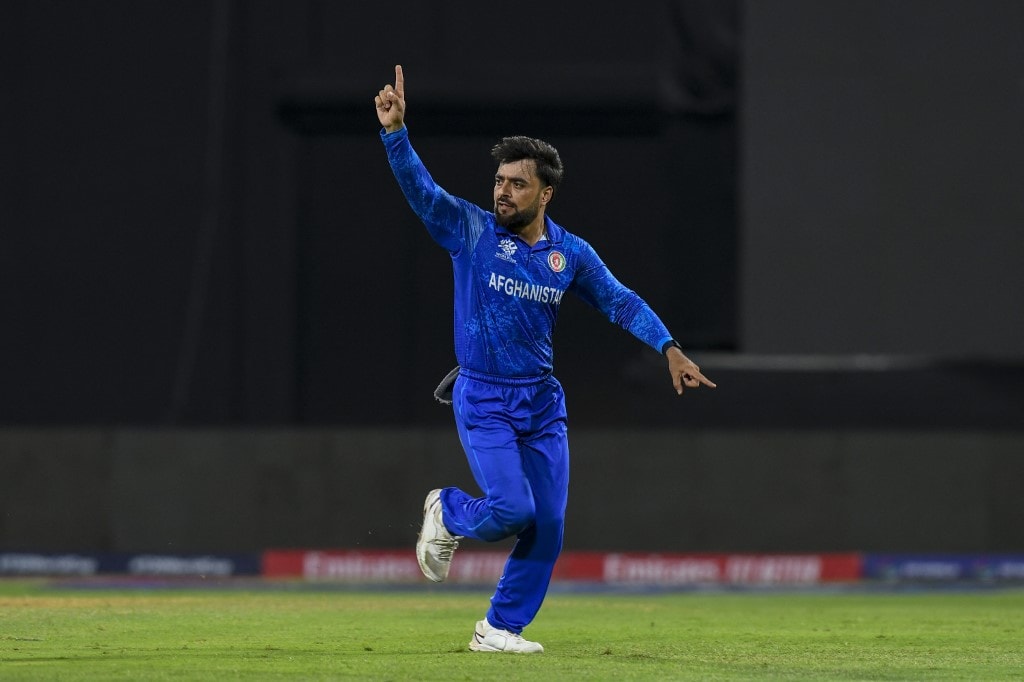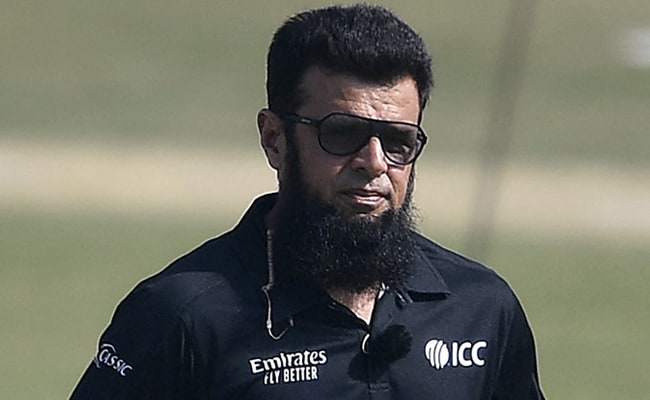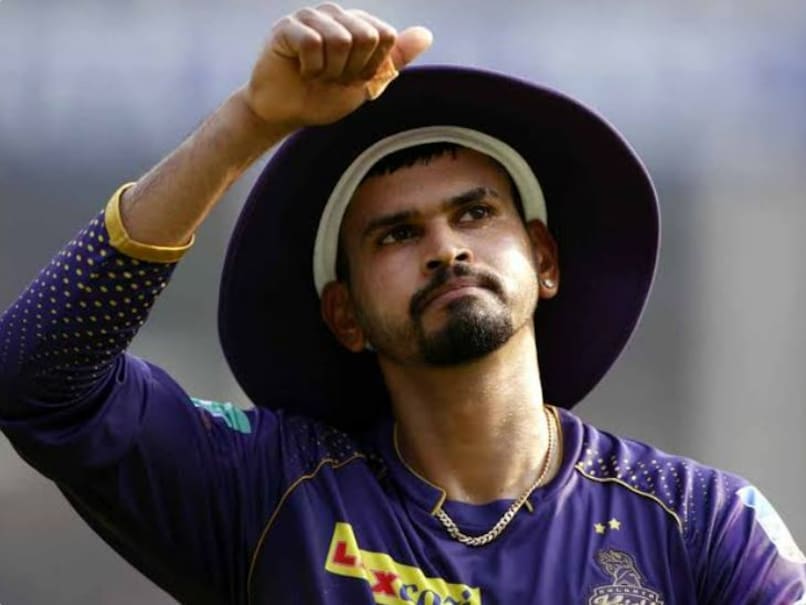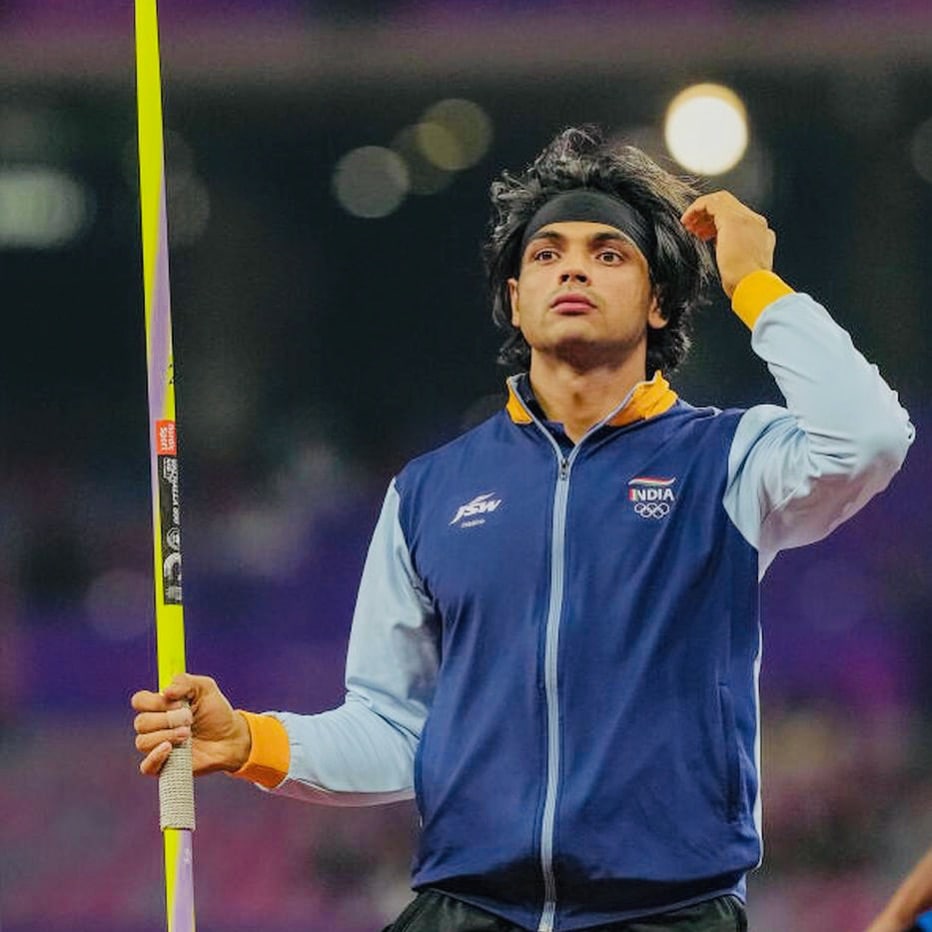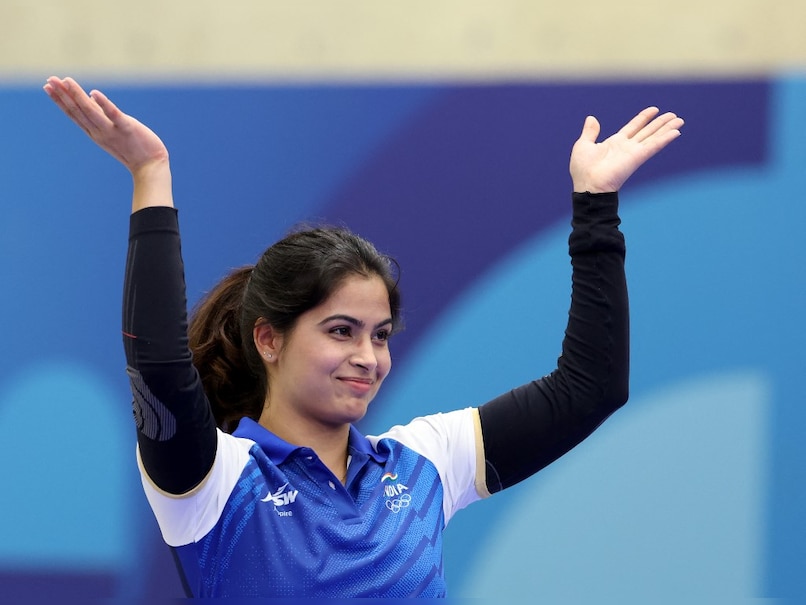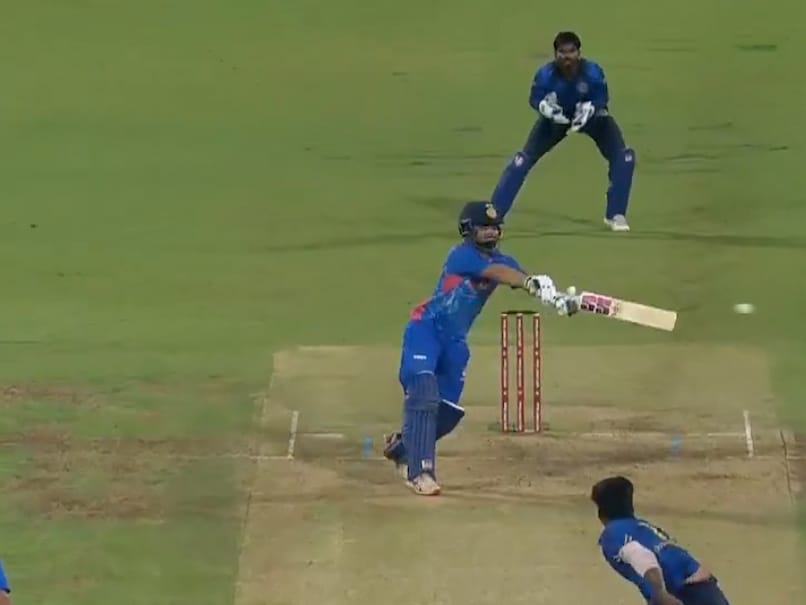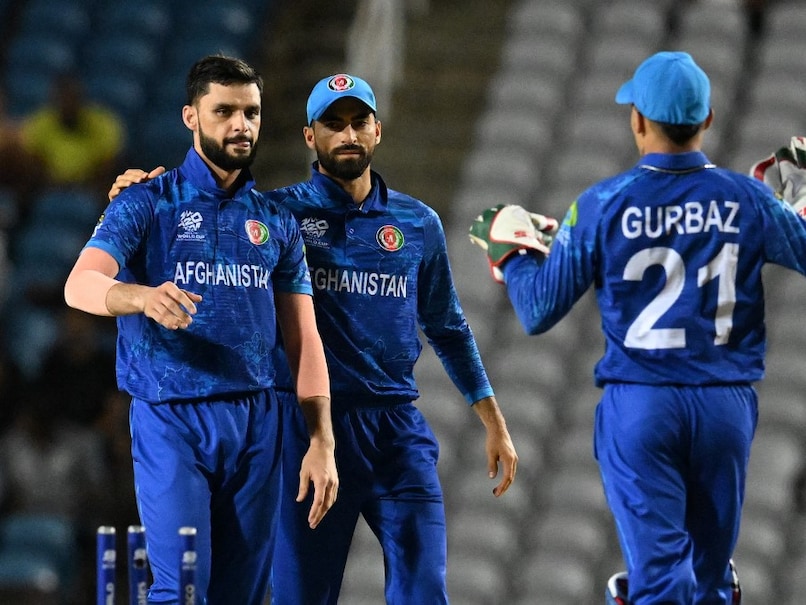Following a game-saving half-century during the third Test against Australia in Brisbane, Indian opener KL Rahul praised tail-enders Jasprit Bumrah and Akash Deep for their crucial partnership, which helped prevent a follow-on. Rahul said that lower-order contributions are invaluable and avoiding the follow-on would boost the team’s confidence. It was a day of determined fightback for Team India. Tasked with the challenge of avoiding a follow-on and a potential innings defeat, half-centuries from KL Rahul and Ravindra Jadeja, along with a 39-run stand between Bumrah and Akash Deep, helped India end day four at 252/9, giving them a fighting chance.
Speaking at the post-day press conference, Rahul said, “It is very good to see when the lower order chips in and scores runs. That is something we discuss a lot in our meetings, and the bowlers work really hard on their batting as well. So it is really good to see that they could go there, build that little partnership, and avoid the follow-on.”
Rahul acknowledged the significance of their effort, particularly with rain interruptions already shortening the game.
“We need to find a way to stay in the game, and I think Akash and Bumrah did that at the end. So it’s a good way to end the day for us. At that stage, I was thinking about going and padding up, perhaps expecting back-to-back innings. I wasn’t sure if they would enforce the follow-on, so I was mentally preparing for my batting. But as I said, it’s always nice to see the bowlers go out there and contribute runs.”
“They really put in the work in the nets, and they work hard on their skills. Today, when it mattered, they played some exciting shots and showed a lot of heart. The last half-hour of their batting wasn’t just about the runs they scored but also their resilience in dealing with the bouncers. On a pitch with a lot of pace and bounce, to defend, leave, and play some good shots was great to see. It will give them confidence and lift us as a group,” he added.
Rahul also shared his frustration over the rain breaks.
“I think I got more tired running up and down from the dressing room than I did being in the middle. It was a challenge for both teams, stopping and starting again. It wasn’t easy for us, and I’m sure it wasn’t easy for them either. But it is what it is,” he concluded.
In the match, India opted to field first after winning the toss. Day one saw a wicketless 13 overs, but on day two, India made inroads, dismissing Usman Khawaja (21), Nathan McSweeney (9), and Marnus Labuschagne (12), reducing Australia to 75/3.
However, a 241-run partnership between Steve Smith (101 off 190 balls, 10 fours) and Travis Head (152 off 160 balls, 18 fours) swung the momentum back in Australia’s favour. Jasprit Bumrah (5/72) eventually broke the stand, sparking a mini-collapse, but Australia still ended day two strongly at 405/7, with Alex Carey (45*) and Mitchell Starc (7*) unbeaten.
On day three, Carey’s 70 (88 balls, seven fours, two sixes) and Starc’s 18 guided Australia to 445 all out in 117.1 overs. Bumrah was India’s standout bowler, finishing with figures of 6/76, while Siraj took two wickets, and Nitish Kumar Reddy and Akash Deep chipped in with one each.
India’s first innings began poorly as Yashasvi Jaiswal (4), Shubman Gill (1), Virat Kohli (3), and Rishabh Pant (9) fell cheaply. However, KL Rahul held firm, finishing day three unbeaten on 33 off 64 balls.
On day four, India showed resilience. Rahul’s 84 (139 balls, eight fours) and Ravindra Jadeja’s 77 (123 balls, seven fours and a six), coupled with contributions from Akash Deep (27* off 31 balls, two fours and a six) and Jasprit Bumrah (10* off 27 balls, with a six), helped India prevent the follow-on, ending the day at 252/9.
With the series tied at 1-1 and two matches remaining, the contest remains finely poised.
Topics mentioned in this article






